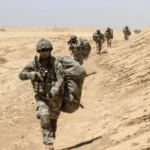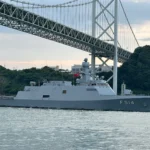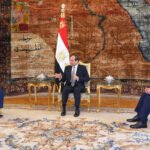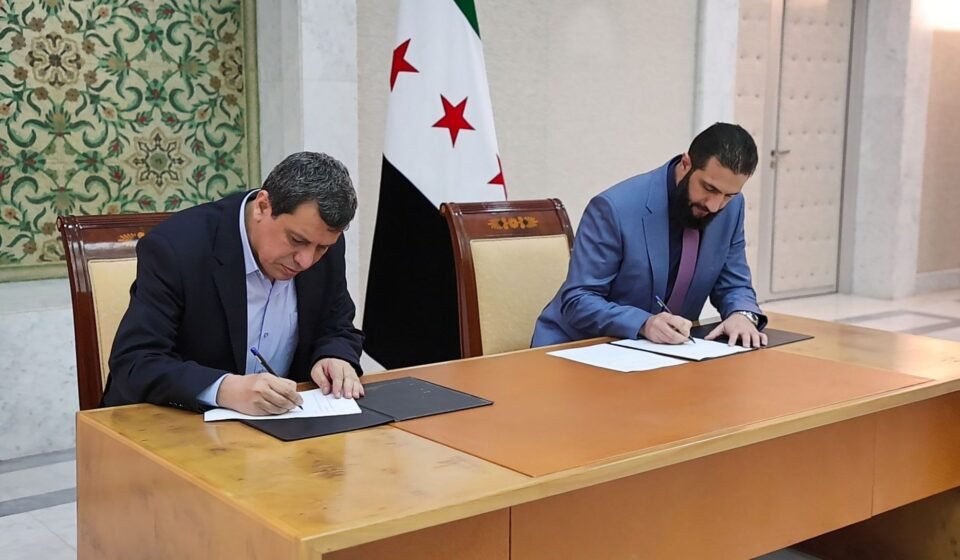
Damascus Pushes for Full Control of Arab Regions from the SDF
In the eight months since the collapse of the Assad regime, the Syrian government under Shara has been working to restore control across the country. One of the biggest challenges in this process remains the U.S.-backed Syrian Democratic Forces (SDF).
The SDF, regarded as an extension of the PKK, still controls about one-third of Syria. Damascus aims to establish a unified state structure in these areas, while the SDF continues to pursue autonomy. These conflicting goals have stalled negotiations.
Shara, who led the Aleppo offensive and was heading HTS at the time, sent a message to the SDF stating they would not launch an attack against them. Although tensions occasionally escalated around Aleppo during that period, both sides avoided large-scale clashes.
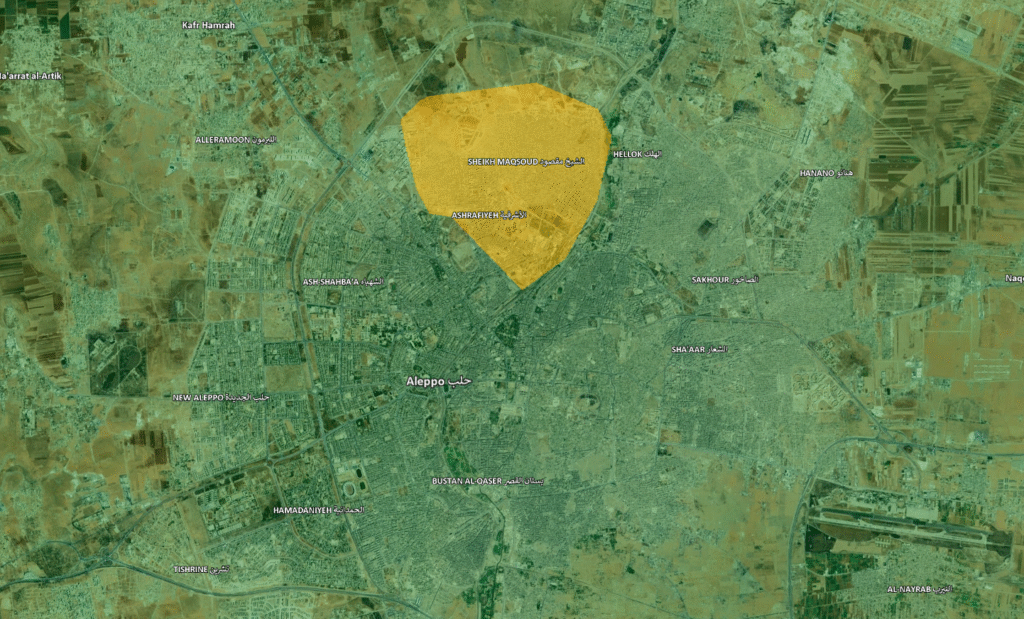
(The area under continued SDF control in the Aleppo region is highlighted in yellow.)
When Shara secured full control in Damascus, the U.S. helped broker an agreement between Damascus and the SDF on March 10, 2025. The deal included transferring control of border crossings, energy infrastructure, and military-civil institutions from the SDF to the Syrian state. It also called for a nationwide ceasefire and constitutional protection of Kurdish identity. However, little progress has been made since.
The main reason for the deal’s failure lies in the differing strategic priorities of both sides. The SDF has long pursued a federal model, not just administrative autonomy, but also an ideological structure opposing a centralized state. The SDF’s secular, left-leaning political-military framework clashes with Damascus’s Islamic-oriented transitional government.
The SDF’s uncompromising stance is increasingly causing discomfort in Washington. On August 1, U.S. Special Envoy for Syria Tom Barrack urged the SDF to adopt a more realistic and constructive approach in its talks with Damascus. He emphasized that the U.S. has no obligation to protect the SDF. His remarks came shortly after the latest round of Damascus-SDF talks, which were reportedly tense. Sources in Damascus said the SDF delegation deliberately complicated the process, leading to repeated disputes during the meeting.
Additionally, the SDF’s independent moves—such as inviting Russian forces to Deir ez-Zor and establishing direct ties with Saudi Arabia—have caused discomfort in Damascus, Washington, and Ankara, undermining trust in the SDF.
According to Mintel World sources, Damascus has issued the following demands to the SDF:
- Direct handover of Deir ez-Zor, Raqqa, Tabqa, and Hasakah to the Syrian state.
- Control of all oil and energy facilities, especially in Deir ez-Zor, to be handed to Damascus.
- SDF’s military presence (YPG) to be limited to areas with a dense Kurdish population.
- All border crossings, educational institutions, and government offices to fall under central administration.
- Sources say the SDF seeks to integrate a force of around 50,000 fighters into the Syrian army, while Damascus demands a significant reduction in that number.
- Full disbandment of the YPJ (the YPG’s female unit).
Both Türkiye and U.S. envoy Tom Barrack reportedly support these demands.
Despite faltering in its recent confrontations with the Druze, Damascus continues to receive support from both Western and Gulf countries. Gulf states are pressing ahead with investments, while Western governments refrain from holding the Ahmed al-Shara government accountable for recent developments and continue to strongly back him as part of their strategy to stabilize Syria.
On July 24, CENTCOM and Syrian government forces carried out an operation against ISIS in the al-Bab region, marking the first-ever U.S.-Damascus military operation. The SDF did not take part in the operation.
Shara’s government remains under threat and lacks full stability, but it continues to grow stronger. Except for Israel, no regional country engages with the SDF while sidelining Damascus. In the coming days, SDF leader Mazloum Abdi is expected to attend a new round of talks in Paris.
The outcomes or disputes arising from this meeting could push the SDF to make concessions—or potentially trigger new clashes within Syria.

